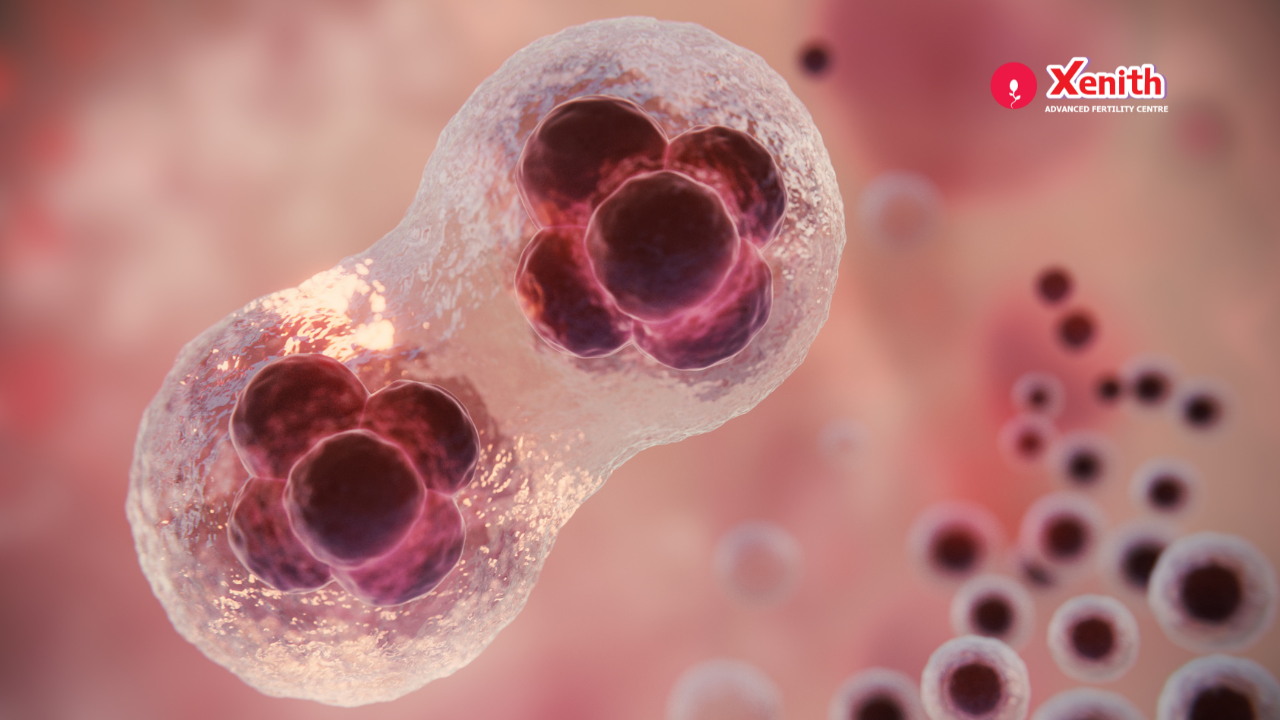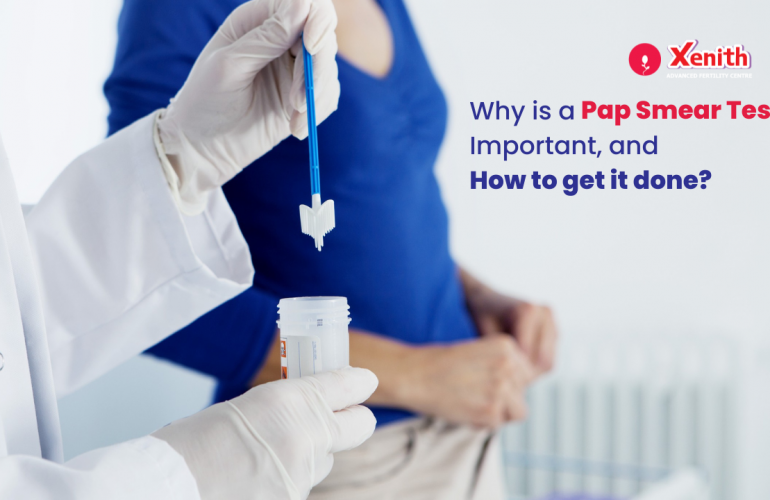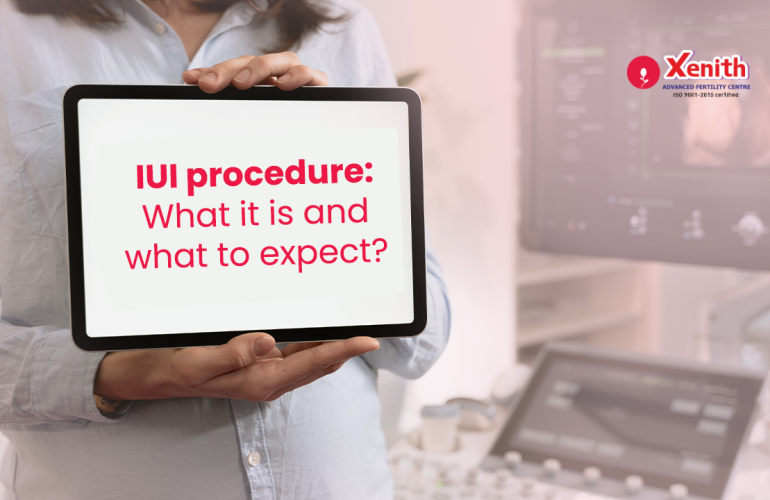What Is Poor Egg Quality and How Does It Affect Fertility?
Each menstrual cycle, a woman typically releases one egg during ovulation. The quality of that egg plays a vital role in determining the chances of successful fertilization, embryo development, and pregnancy. Poor egg quality can result in lower fertility, failed IVF cycles, miscarriages, or even congenital abnormalities.
While egg quantity refers to the total number of eggs (ovarian reserve), egg quality refers to the genetic integrity, structure, and overall health of each egg. Both factors naturally decline with age but can also be impacted by lifestyle, genetics, and medical conditions.

Free Thursday Consultation
Book Your AppointmentSigns and Symptoms of Poor Egg Quality
If you’re struggling to conceive or undergoing fertility testing, understanding the signs of poor egg quality can help:
- Difficulty Conceiving: Low-quality eggs may fail to fertilize, develop into abnormal embryos, or fail to implant.
- Recurrent Miscarriages: Chromosomal abnormalities in eggs are a common cause of pregnancy loss.
- Irregular Periods: Inconsistent cycles, absent periods, or very light/heavy bleeding may indicate hormonal issues affecting egg health.
- Low AMH Levels: While Anti-Mullerian Hormone (AMH) indicates egg quantity, it often correlates with declining egg quality.
- Abnormal FSH or Estradiol Levels: These hormone imbalances may signal ovarian dysfunction and compromised egg health.
What Causes Poor Egg Quality?
Several factors can contribute to poor egg quality in women of any age:
- Age: Egg quality declines significantly after 35 due to accumulated chromosomal damage.
- Genetic Factors: Certain inherited disorders or chromosomal abnormalities can impact oocyte development.
- Obesity: Excess weight disrupts hormonal balance, affecting egg maturation.
- Lifestyle Factors: Smoking, alcohol, chronic stress, poor diet, and exposure to toxins negatively affect hormonal balance and egg development.
- Endometriosis: Inflammation and scarring around the ovaries can interfere with egg health.
- Chemotherapy or Radiation: These treatments can damage ovarian tissue and lead to premature ovarian failure.
- Autoimmune Conditions: The body may mistakenly attack its own eggs.
- Polycystic Ovary Syndrome (PCOS): High insulin levels and hormonal imbalances in PCOS can impair egg quality.
Can Poor Egg Quality Be Improved?
There are limitations when it comes to improving chromosomally abnormal eggs. However, some supplements and lifestyle modifications may support healthier egg development:
- Supplements:
- Coenzyme Q10 – supports mitochondrial energy production in eggs.
- Resveratrol and Leucine – may promote better egg function.
- Lifestyle Changes:
- Maintain a healthy BMI, exercise regularly, eat antioxidant-rich foods, and reduce stress.
Though you cannot “fix” genetically abnormal eggs, creating optimal conditions for your body to produce healthier eggs is possible.
How IVF Helps with Poor Egg Quality
IVF (In Vitro Fertilization) offers hope for women with poor egg quality. Here’s how:
- Preimplantation Genetic Testing (PGT): Helps identify chromosomally normal embryos for transfer.
- Embryo Screening: During IVF, embryologists assess oocyte morphology and development to select the best embryos.
- Egg Freezing: Women may choose to preserve their eggs at a younger age to maintain higher egg quality for future use.
- Donor Eggs: An option if no viable eggs are retrievable after multiple IVF cycles.
Tests That Indicate Egg Quality
While no test directly evaluates egg quality, certain markers can provide clues:
- AMH (Anti-Mullerian Hormone): Low levels suggest diminished ovarian reserve.
- FSH (Follicle Stimulating Hormone): High FSH indicates the ovaries may be working harder to stimulate egg production.
- Antral Follicle Count (AFC): An ultrasound can count the visible follicles in your ovaries, indirectly reflecting egg availability.
Conclusion
Poor egg quality is one of the leading causes of female infertility, but it doesn’t mean your journey to parenthood has to end. At Xenith Advanced Fertility Centre, our experts specialize in diagnosing and managing complex fertility issues through advanced diagnostics and personalized IVF protocols.
If you’re concerned about your egg quality or facing challenges in conceiving, schedule a consultation with us today to explore your treatment options.
FAQs About Poor Egg Quality
Yes, though the chances are lower. Some women with poor egg quality can conceive naturally, especially with lifestyle changes and medical support.
Poor egg quality increases the risk of miscarriage due to chromosomal abnormalities, but it’s not always the case.
No, egg quality isn’t directly testable. Doctors infer quality based on hormone levels, age, IVF results, and embryo development.
Healthy diet, stress reduction, exercise, quitting smoking, and certain supplements (like CoQ10) can support egg health.
IVF, especially with PGT, can help identify and use the healthiest embryos, improving success rates in women with poor egg quality.




